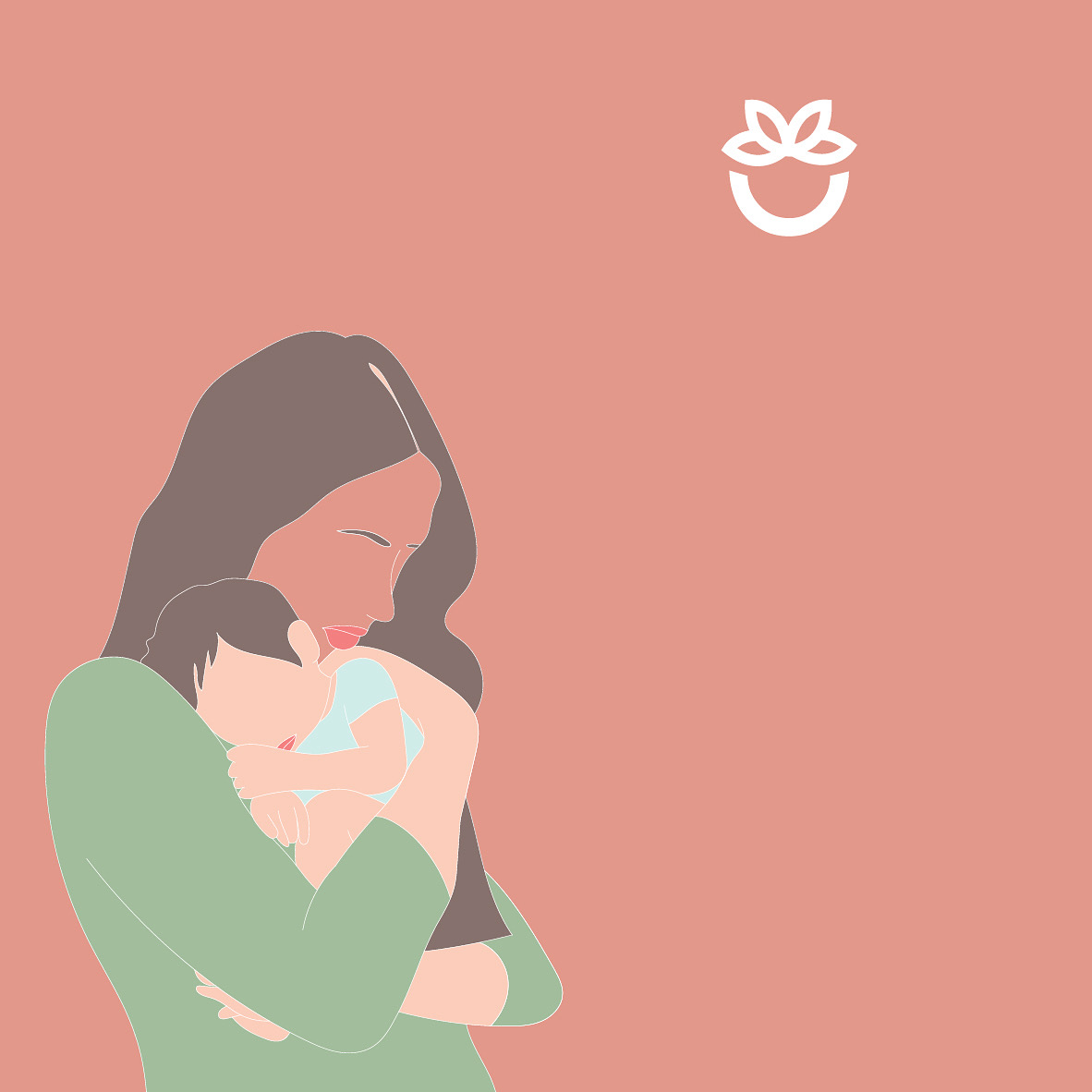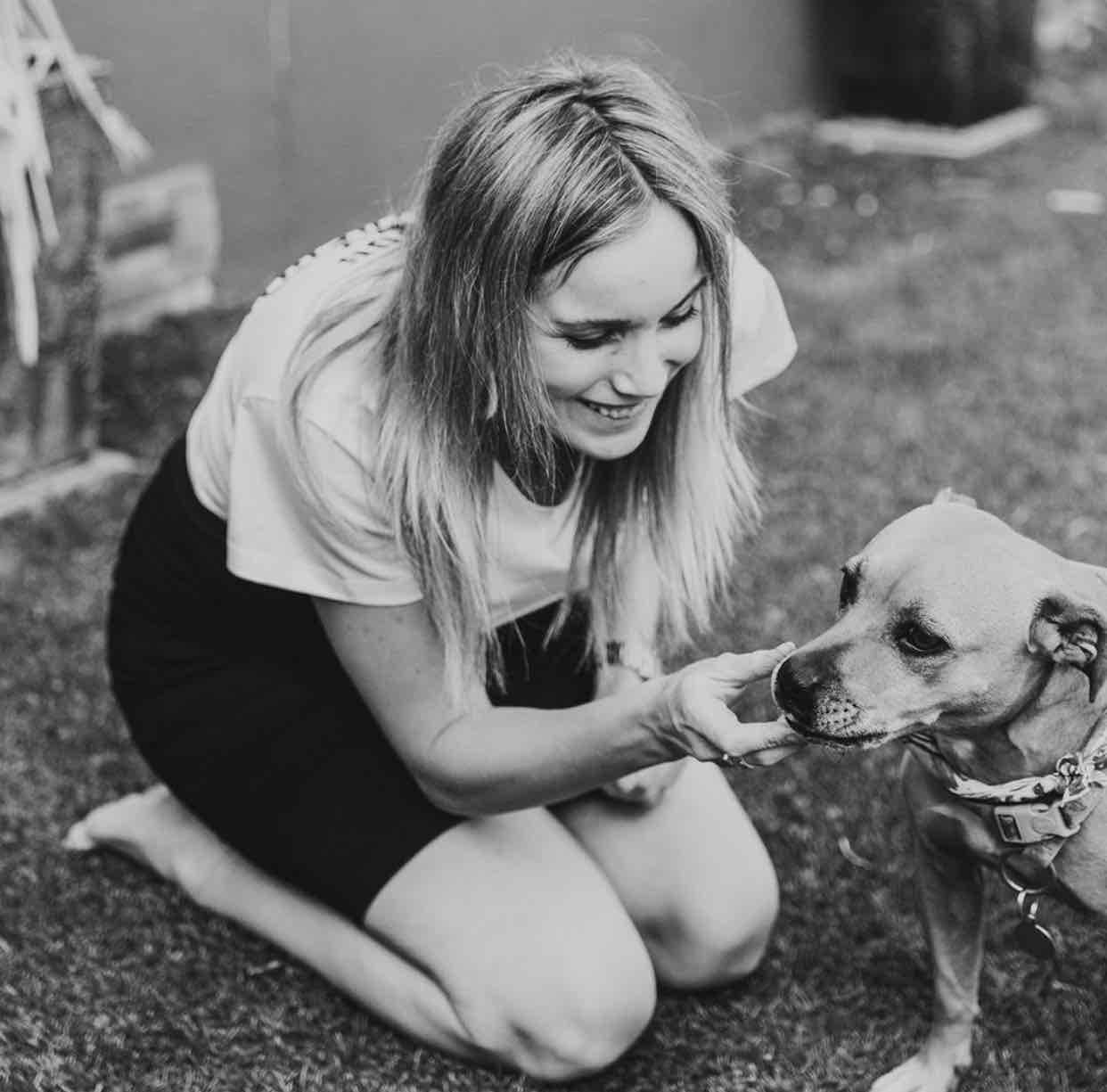The science behind meditation and its effect on stress
10th November 2021
Over the past decade, with meditation and mindfulness soaring in popularity thanks to its touted benefits and effectiveness at reducing and managing stress, this article aims to inform you about the gains you may experience in your life from taking some time out each day to be present.
There’s no doubt that navigating through this fast-paced, digital world, along with the responsibilities that many of us carry (juggling being a parent, a good friend, work commitments, a pandemic and lockdowns, schooling, just to name a few) can pose its challenges.
When we perceive that we have too many balls in the air, when we are facing something that is completely out of our control, or that the demands that we are faced with outweigh our resources, we can experience a stress response. When faced with a threat, real or imagined, our body immobilizes the fight/flight response to deal with that stressor. This is a very normal, human response and is designed to keep us safe. However, the fight/flight response is only intended to be switched on for short periods of time, and once the stressful situation passes, our bodily systems return to a state of balance, rest, and relaxation.
In the world we live in today though, it is not the tigers chasing us or the danger lurking in the bushes that are the common stressors that our caveman ancestors routinely faced. It’s the fear of how we might be perceived by others, the confronting email we receive from our Boss, the rush out the door to make school drop off, the constant comparing and FOMO we may experience on social media, the poor nutritional choices we might make, just to name a few. We are in the middle of what’s been called a ‘stress epidemic’, and it’s this chronic, unrelenting stress that is very prevalent because of the pace of our lives. The cost of long-term stress on our bodies is extreme and often manifests in increased anxiety, overwhelm, burnout, depletion, and exhaustion. I am sure many of you can relate.
It’s not all bad news though. Yes, some of the aforementioned stressors are out of your own personal control, and the reality is that we live in a rapidly changing world (COVID is the prime example of this). But the good news is that there are conscious and deliberate actions we can take to equip and empower ourselves with tools, practices, and different ways of thinking, to navigate through some of the challenges and everyday stressors that we encounter.
Meditation is just one of these conscious and deliberate actions to take and is the focus of this post. It has increased in demand and popularity as people turn towards a practice as a way to feel calmer and more relaxed. The body of research has grown, and more and more people are sharing its benefits and the positive impact it is having on their lives.
The proof is in the pudding. Science shows that meditation has been found to calm the part of the brain that responds most actively to stress – the amygdala. This is the brain’s radar that alerts us to potential danger and activates feelings of anxiety and worry. The amygdala and our fight/flight response (as detailed above) is set off whether the threat is real or perceived. Just like a smoke detector that is set off when there is a fire (real threat), or when there is a piece of toast burning (perceived threat).
Research by Daniel Goleman and Richie Davidson has shown that people who experience chronic stress have an enlarged amygdala (which can be likened to that piece of toast burning quite frequently in the modern world). Meditation is known to have a shrinking effect on the amygdala and reduces activity in this part of the brain which can result in reacting less often to triggers and recovering quite quickly if there is a reaction. The research also found that people who meditate do definitely recover faster from stress and stressful events.
With that said, I will be exploring in further blog posts and articles how you can start to integrate a meditation practice into your day (note: it doesn’t have to be sitting cross-legged in lotus pose, thumb and forefinger touching, eyes closed and wearing robes). One-minute a day is all it can take for you to start to notice and experience some of the benefits this beautiful practice can bring you.
I hope some of the science shared inspires you to think about how you can meet with meditation every day and allow this friendship to blossom.

